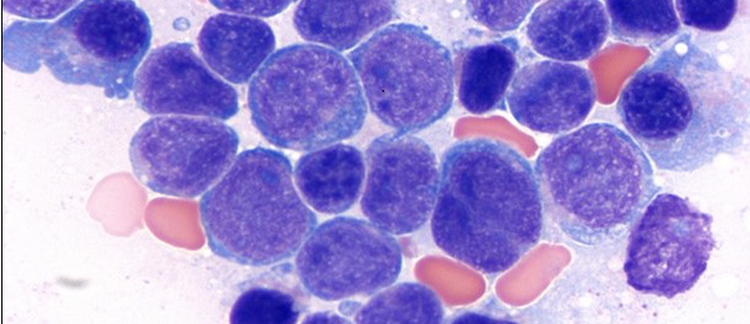Abstract
Programmed Cell Death 1 Ligand 1 (PD-L1) protein expression by tumor cells appears to mediate immune evasion and can be upregulated by 9p24.1 amplification. Alternatively, PD-L1 expression has been linked to EBV-driven activation of the AP-1 and MAPK pathways in EBV-positive Hodgkin lymphoma. We sought to evaluate the status of 9p24.1 with respect to PD-L1 expression in EBV-driven lymphoproliferative disorders (EBV+ LPDs). We studied 36 LPDs (8 EBV+ diffuse large B-cell lymphoma (DLBCL), 10 DLBCL, NOS, and 18 others) using two PD-L1 immunohistochemical (IHC) stains and performed genome-wide copy number variation analysis on a subset of cases. Most cases of EBV+ DLBCL (5/8, 63%) showed PD-L1 expression by IHC and had normal copy number at 9p24.1 (7/8; 88%). One case of EBV+ DLBCL expressed PD-L1 with concurrent 9p24.1 amplification. A subset of EBV-negative DLBCLs showed PD-L1 expression without 9p24.1 amplification. Additionally, EBV+ LPDs displayed significantly lower total genomic aberrations and deletion 6q compared with EBV-negative cases. PD-L1 expression in most EBV+ DLBCL cases is not due to 9p24.1 amplification. EBV infection appears to coincide with PD-L1 expression, supporting the model for EBV-driven PD-L1 upregulation. PD-L1 expression was seen in some cases lacking both EBV and 9p24.1 amplification, suggesting additional pathway(s) of activation.
Keywords
EBV, diffuse large B-cell lymphoma, lymphoproliferative disorders, PD-L1, immunohistochemistry, microarray
How to Cite
Brown, A. F. & Salama, M. E. & Patel, J. L. & Paxton, C. N. & Xu, X. & Perkins, S. L. & Li, K. D., (2017) “PD-L1 protein expression in most EBV-driven lymphoproliferative disorders is not associated with 9p24.1 amplification”, Hematopathology 2(1), 58-68.
89
Views
32
Downloads
